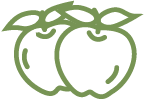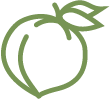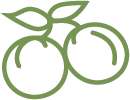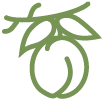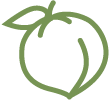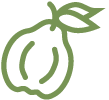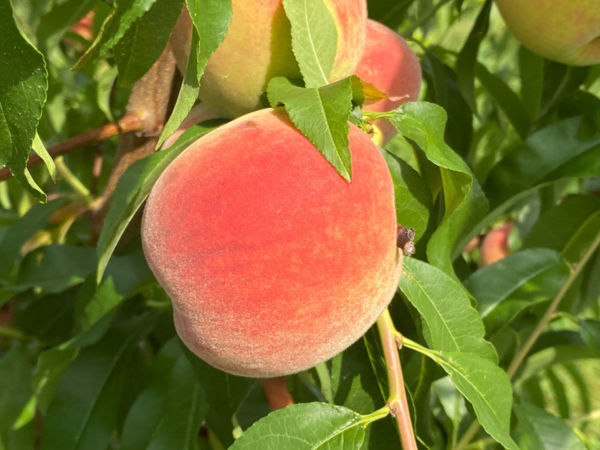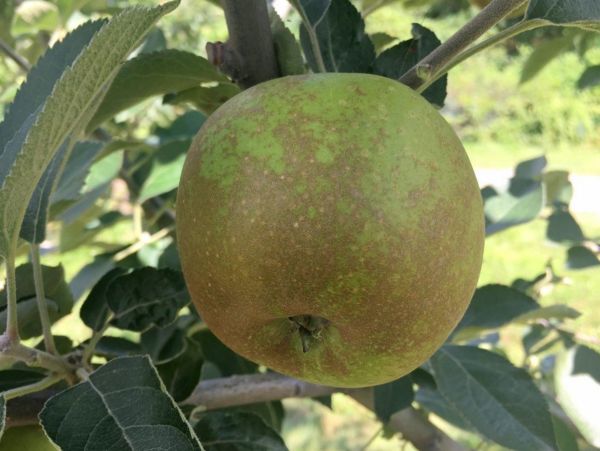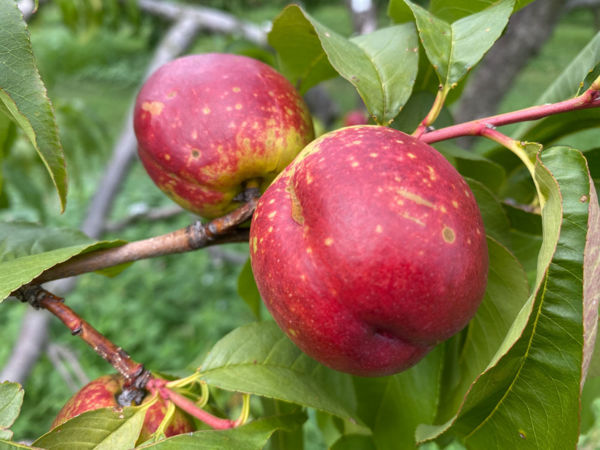An attractive, highly disease-resistant apple, ideal for organic growers.
Birds
Fruits Affected
Apple, Peach, Plum, Pear, Nectarine, Cherry, Apricot
Also See
Fruit Tree Diseases and Pests: An IntroductionList of Common Fruit Tree Diseases and Pests
Most of us love birds and welcome them in our gardens; they are beautiful and we think of them as symbols of freedom and the spirit. But unless your goal is to offer up all your peaches to your feathered friends, you should probably think about ways to protect crops from bird feeding. Birds love soft, ripening fruit like cherries, plums, peaches, and apricots, especially those that are conveniently located at the tops of trees. Sometimes a bird takes nothing more than a peck or two out of a fruit before moving on, but when fruit is ripening, one little wound can quickly become the site of a fungal infection, causing the whole thing to rot. After all your hard work, a rotten, pecked peach is a sad prize indeed. Over the years, gardeners have come up with all sorts of ideas to protect their crops from bird feeding, from scarecrows to scary balloons. The two that work best for fruit trees are described below.
Netting: This is an expensive and impractical solution for large orchards, but if you have just a couple of small trees to protect, netting is your best bet. Make sure the net is not placed so close to the fruit that a bird can peck straight through it!
Scare Devices: What to do with all your old CDs? Hang them from your trees like Christmas decorations; as they spin and catch the sunlight, the flash will startle birds and drive them away. Tinsel tape will have a similar effect. During peach season, we use a "bird alarm." This is a mix of recorded warning calls played through a speaker raised up on a pole in the orchard. It signals danger to any birds in the neighborhood. To be effective it needs to be pretty loud, so you should take into account your neighbors before you invest in one of these. Scare devices are the only solution for larger orchards, and unfortunately birds do learn over time to ignore them. Be careful not to hang up any sparklies or turn on alarms until just before your fruit is starting to ripen. (Birds are attracted to fruit as it begins to turn red, that's why white and yellow cherries are less susceptible to damage than red ones.) This will maximize the efficacy of your scare device. Good luck!
For more information, see the Cornell Guide to Growing Fruit At Home.
Featured Products
A few things we're loving right now...
A full-flavored, freestone white peach.
One of America's oldest apples, good for storage, baking, and cider.
A widely-grown, large, yellow-fleshed nectarine.

